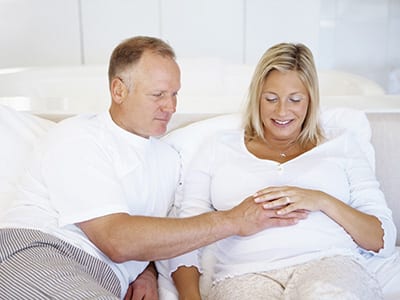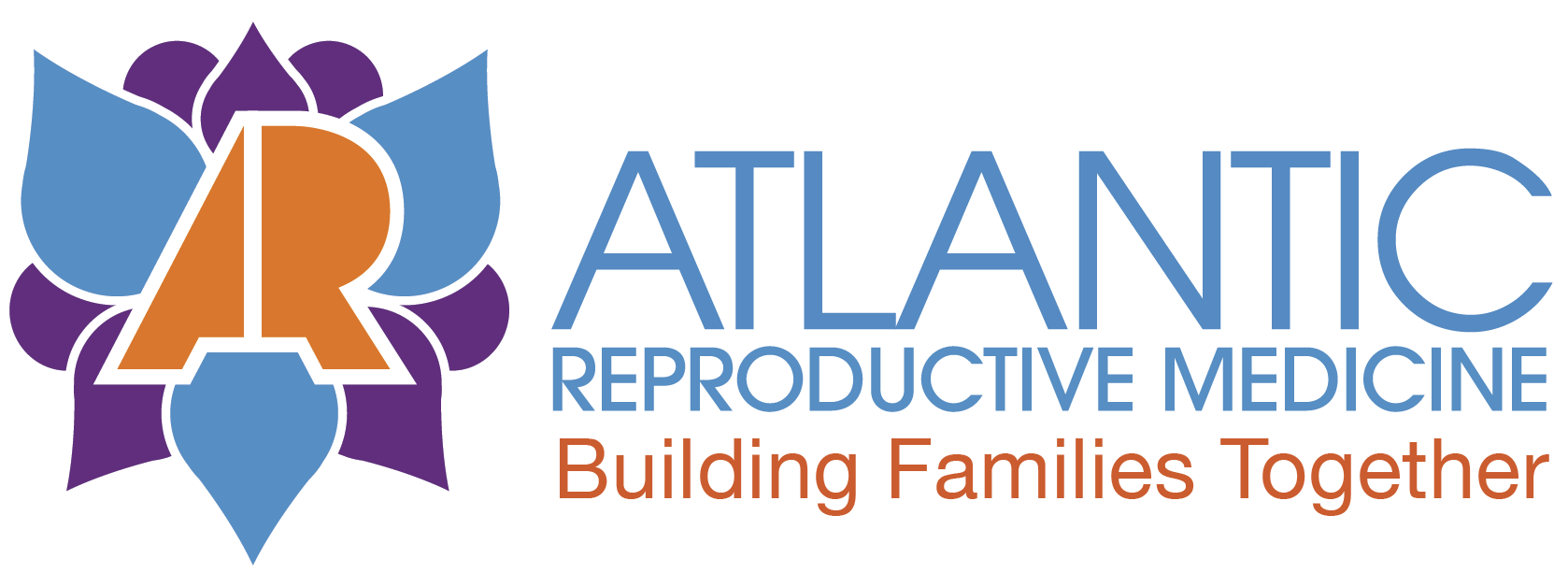 Embarking on fertility treatment using IVF and egg donation is a big step for anyone wanting to become a parent. When you undertake the process you need to know what your chances are for success, because this makes it slightly less intimidating and gives you more reason for hope. Many people first try IVF with non-donor eggs, and depending on the age of the woman this can be very successful.
Embarking on fertility treatment using IVF and egg donation is a big step for anyone wanting to become a parent. When you undertake the process you need to know what your chances are for success, because this makes it slightly less intimidating and gives you more reason for hope. Many people first try IVF with non-donor eggs, and depending on the age of the woman this can be very successful.
Success Rates: SART Calculator
Reasons to Use IVF and Egg Donation
There are multiple reasons why you would choose donor eggs over your own, but the most common of these is age. Under normal circumstances, you gradually lose your fertility potential over the years, although data shows that after age 37 this process accelerates. By the time you reach 40 years of age, your fertility potential is typically only around 5%. Egg donation gives hope to women who have tried numerous times to conceive and have now reached the point that their eggs may no longer be viable.
Other reasons for not using your own eggs include the prevalence of genetic diseases in your family, premature ovarian failure or the absence of viable ovaries, or simply being unable to produce enough eggs to fall pregnant.
The Process for IVF Using Donor Eggs
Once you and your fertility doctor decide to use donor eggs, the first step is to choose your donor. Your reproductive clinic team will be able to help you find a suitable match. Your menstrual cycle is synchronized with that of the donor, who receives IVF stimulation until the eggs are ready to be retrieved. Meanwhile, your fertility doctor will help to prepare you for receipt of the embryo and may prescribe hormone replacement therapy for you.
Once the eggs are combined with sperm from your partner or sperm donor and an embryo forms, the transfer takes place in the same way as IVF with non-donor eggs.
Pros and Cons of IVF with Donor Eggs
Most women prefer to try fertility treatment using their own eggs first, because they want their child to be a product of their own body. The main disadvantage of using donor eggs is that this is not the case. However, when compared with the options of adopting or remaining childless, egg donation provides hope and a strong chance of success. In addition, the high rate of live births from IVF using donor eggs makes it a more certain and cost-effective process, particularly for older women.
If you’re thinking of trying IVF with donor eggs, come in and chat with us about it.

